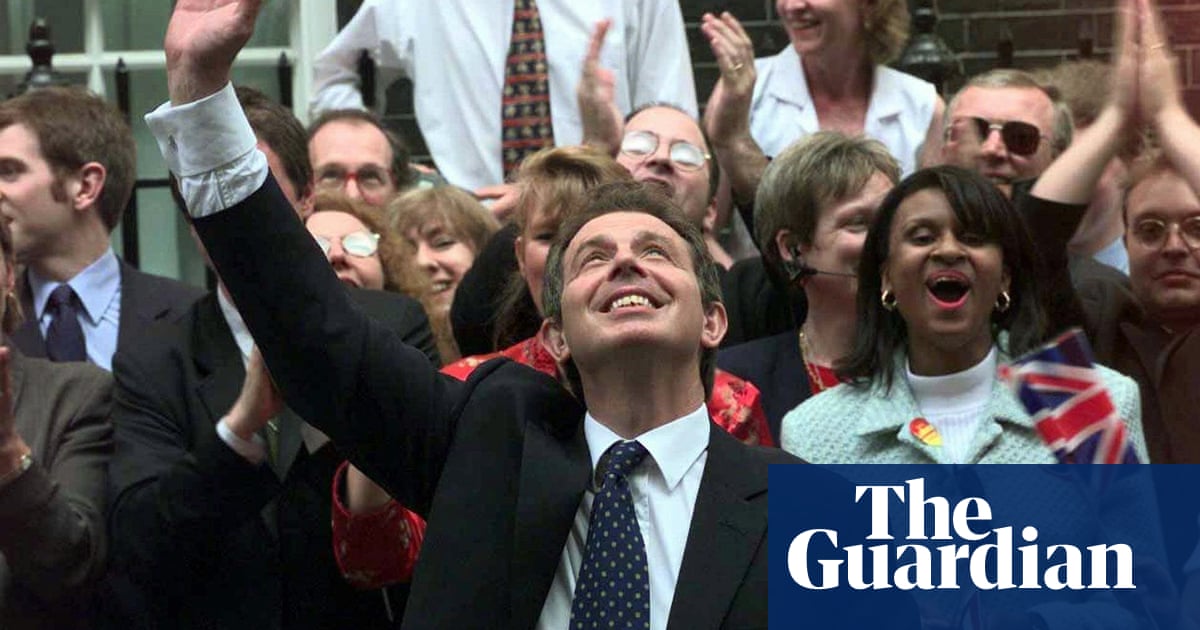
“It was the wealthy trying to make more money off lower level people and they just used them,” 23-year-old film-maker Steven Potter says of his new documentary Alliances Broken. “Used them and abused them.”
His film follows the swift decline of the 2019 American football league, the Alliance of American Football. The film presents, as Potter characterizes it, a disastrous story of abusive avarice, promises broken and dreams dashed.
“What the Alliance has done is given players that were out of football a chance to show that they can play,” says Heisman trophy winner Steve Spurrier, who was a coach in the 2019 season. Sitting in a boardroom, wearing a classic football coach’s poloSpurrier explained the intention behind the league: “[To] say, ‘Hey, I can play this game! Give me a chance to play in the big leagues!’” The Alliance was supposed to stand for dreams no longer deferred, rather redirected towards greatness. Instead, it all erupted into a spectacular failure.
Created by Charlie Ebersol, son of sports broadcaster Dick Ebersol, the Alliance of American Football (AAF) was announced in March 2018 and began in February 2019. Part football league, part fantasy football app, it was pitched as a springtime minor league players-first organization for elite athletes who had potential to enter or re-enter the NFL. With eight teams in football-eager cities across the nation, the league sought to quantify the players’ strength, letting fans bet on the players in real time. NFL legends like former player Hines Ward, coaches like Steve Spurrier, football executives like Bill Polian and tech investors like Peter Thiel converged in the AAF, bolstering its reputation in the sports community. But all glory was short-lived.
At one of the first training camps, the players were excited, some even running drills in the hotel. They would eventually practice at a high school football field, which one player described as “by far, the worst field I’ve ever seen”. “It’s crazy that it’s downplayed like this but these are world-class athletes. These are guys who have been in the league for four or five years, some of them. These are guys who are experienced NFL veterans and they’re practicing on this terrible field and they’re expected to have this good attitude about it. But no. It’s not acceptable,” says Aaron Evans in the film, a former AAF player as he shakes his head.
Theplayers expected things to get better. They did not. Though game one was an auspicious success, even beating NBA ratings, league owner Ebersol showed little desire to keep such momentum going, according to subjects in the film. “Charlie didn’t care about game two or game three and that’s fine, but you can definitely tell, the focus was definitely only on game one,” said Olivia Liette, a former group sales and tourism manager for the Orlando Apollos.
As a recent film-making graduate, Potter created promotional material for the athletes of the AAF Orlando Apollos team, and as a result, had a front row seat to the impending disaster. Having noticed the players and the front office workers who sold the game’s tickets went unpaid, it was obvious to Potter something was not quite right. “A lot of people left largely professional teams to come work for the AAF. When they were like, ‘We’re not getting paid,’ I was like ‘That’s kind of weird.’ On social media and TV shows, the AAF was talking about all this money they had and [how] they had this huge influx of cash from Tom Dundon. It was like, how are they not paying people?”
The film recounts the league blighted by mismanagement, half-truths of financial funds, waning ticket sales and interest and an overall lack of forethought, leading to its eventual demise after just three short months of its inaugural season. When many employees, vendors and players were left picking up scraps – yet large investors quietly continued to collect payment – Potter felt the need to tell the story.
“When the AAF ran out of money and things went belly-up, the main guys were nowhere to be seen. They were kinda just gone. Gone. There were players who didn’t even have [luggage]; the day they got kicked out of their hotel, they were leaving their hotels with clothes in trash bags because everything the league owned was confiscated. That was bags, luggage, anything in the hotel rooms the hotels took because they weren’t paid either. It was kinda a free-for-all,” Potter said.
With a shoestring budget of $7,000 – his college graduation money – two friends and his car, Potter sought to make a film that would capture the dark story of the collapse of the AAF. The ragtag team filmed from April 2019, when it was announced the AAF would be dissolved, to January 2020. “I’m in a wheelchair, so traveling is not super easy for me,” Potter said. So he and two friends packed a van and drove to wherever they could get players to speak on camera. “It was really just packing my friends up in the car, taking the equipment we had, and just driving, pulling over to take a nap in the Walmart parking lot and stuff like that. Literally, as indie film-making as it gets.”
Put together with footage from YouTube stadium vlogs and commentary, Alliances Broken comes together as a humble sports documentary that deals in the virtue of humility and the trappings of arrogance. But Potter struggled to get other eyes on the film. “A lot of people said no and a lot of people said ‘Looks great but there’s no big name appeal to it and we just don’t think it would work for us.’ So that was very discouraging.” Eventually 1091 Pictures signed on to distribute the film.
It was a similar chance the AAF players and staff were looking for and had believed they found in the Alliance of American Football. “We’ve all committed ourselves to this. We went all in. In order to be a pro-athlete, you have to be all in. You can’t just, like, tiptoe in it. So it’s just really frustrating, again, the negligence,” Aaron Evans said on screen.
Though the players were doing what they loved, their stint with the new league came tangled in deceit, and negligence. “It’s bigger than just football. It’s more about – without sounding too far out – humanity and what people are willing to do to help somebody else’s vision,” Potter told the Guardian. “This league got hundreds and hundreds of employees to work for them. Everybody bought into this. It was really sad to see all the promises that were made to these guys, all these men and women that were signing up to be a part of this league, just to get dumped on their butt. It’s pretty sad.”
Alliances Broken is available to rent digitally in the US, with a UK date to be announced












